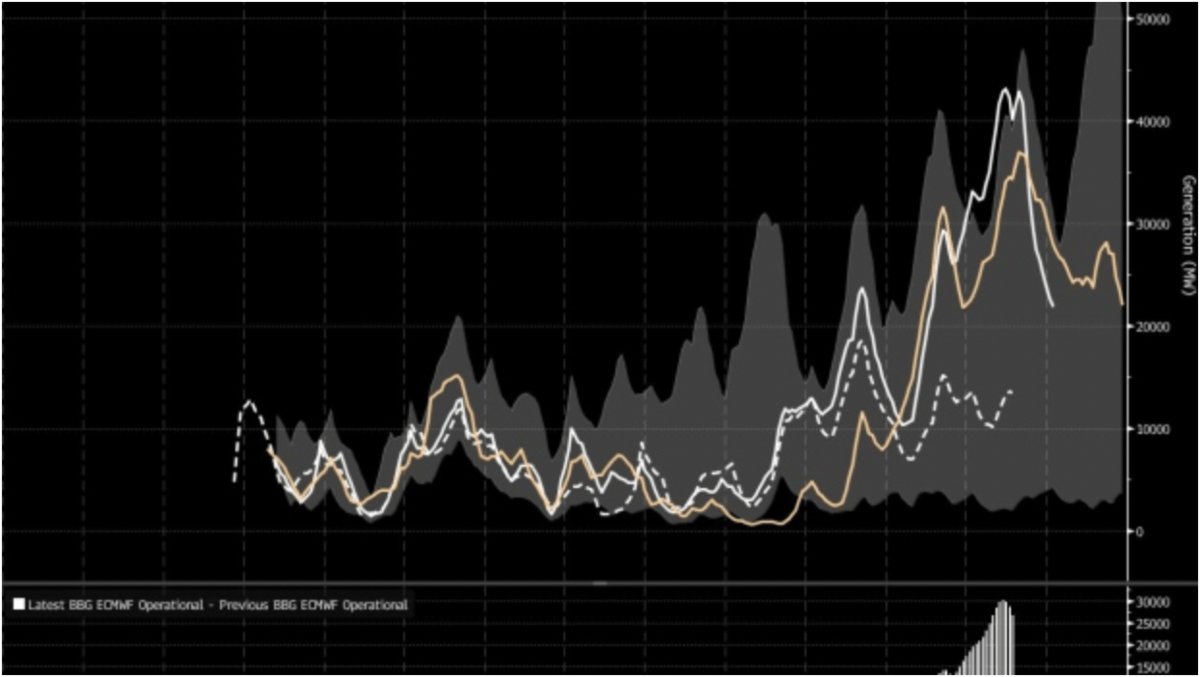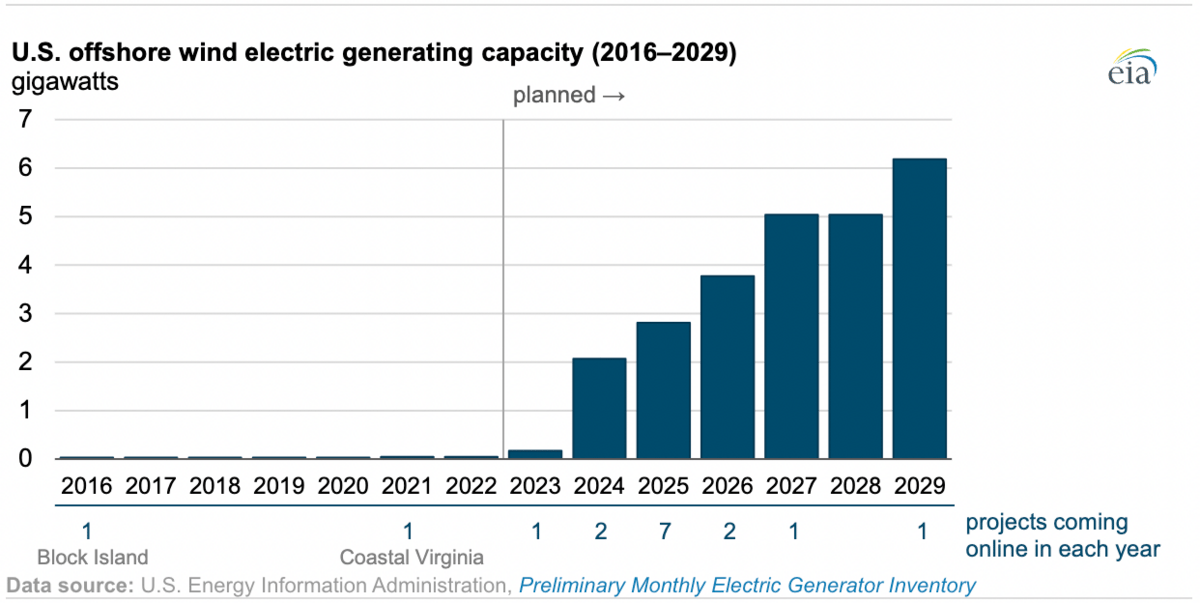Pro-China Activists Posed as Green Activists to Oppose Mining in North America
Pro-China agents masqueraded as local environmental activists to frustrated American and Canadian attempts to site metal mines.
"The fake Twitter and Facebook accounts were created to give China, the largest producer of rare earth minerals, a competitive advantage," reports Bloomberg.
Mandiant, the cybersecurity company that discovered this information, has found "a network of thousands of fake accounts across numerous social media platforms, websites and forums since 2019 that support China’s political interests."
The accounts in question drummed up typical environmental concerns about ecological damage, radioactive contamination, etc. "The accounts also criticized President Joe Biden’s plan to expedite mining of these rare minerals," Bloomberg notes.
This social media campaign also created fake accounts to criticize a new mine in Saskatchewan. "In addition, the campaign’s accounts stoked anger over USA Rare Earth LLC’s plans to open a mine in Oklahoma," according to Mandiant.
Social media, writ large, has billions of users. Hundreds of millions in the US and Canada. According to the Washington Post, "A spokesperson said the operation drew far fewer followers than past influence campaigns from China, such as one that used more than 500 Facebook accounts and collected 70,000 followers." While things like this are certainly worrying, it's simply part of big power politics.
Germany's Energy Crisis May Worsen From Low Wind
Germany is already struggling to handle Moscow pinching its gas pipelines. Low wind speeds look to make the situation even worse.
"The nation has the region’s biggest wind power capacity, but calm weather forecast to last into the first week of July means that actual output will remain very low," reports Bloomberg. "The day-ahead power contract advanced more than 3% on Wednesday to near the highest level since March."

Plus, the Nordstream pipeline shuts down for maintenance for two weeks in July. "EU members fear that the maintenance could be an excuse from Russia to further lower or completely stop supply," reports Oilprice.com.
SCOTUS Delivers a Win for Grid Reliability
Yesterday, the Supreme Court delievered a decision on West Virginia vs. the Environmental Protection Agency. They ruled, 6-3, that the Clearn Air Act does not give the EPA the authority to regulate gas emissions from power plants. Instead, it is the duty of Congress to get to work and regulate green house gases.
"The main legal problem with the Clean Power Plan," writes Isaac Orr "is that it relied upon a brand new and legally fraught interpretation of Section 111 of the Clean Air Act (CAA). This amounted to EPA inventing the authority to regulate greenhouse gasses under the CAA, but the Supreme Court ruled that these powers were never delegated to the agency."
This amounted to the EPA using Section 111 to shut down coal in favor of renewables and natural gas. This means that utilities no longer have a pretense for shutting down cheap, reliable, but depreciating coal plants, for example.
Orr made this helpful and funny visual for how Section 111 played out in Minnesota:

Many environmentalists and legislators are furious about this decision. For example, House Natural Resources Chair Raúl Grijalva (D-Ariz.) claimed the court had “sentenced our planet to death.”
“Make no mistake, this decision — and all of the decisions this week — will be directly responsible for the harm and deaths of countless Americans,” Grijalva said. “And while there’s no question that this GOP takeover will hurt everyone, we know that poor communities, communities of color, and Indigenous communities will be hurt the most.”
But some have a more measured and thoughtful account of the decision. Like this thread from energy analyst, Jesse Jenkins, a professor at Princeton:
It's easy to see why bureaucrats and legislators are upset. For bureaucrats, it means less power; for elected officials, it means they'll have to actually govern.
Like what you're reading? Click the button below to get Grid Brief right in your inbox!
Conversation Starters
Vice recently reported on the grueling, low-paying work conditions in the solar industry. It's an in-depth and eye-opening read I recommend checking out as it puts human faces to the issue.
The EIA's infamously delayed inventory report has come out. Gasoline stocks gained 2.6 million barrels, whereas gasoline production averaged 9.5 million barrels last week. "The EIA estimated an inventory build of 2.6 million barrels for the week to June 24, noting this was about 20 percent lower than the five-year average for this time of the year."
The EIA reports that that developers plan to add 6 GW of offshore wind by 2029.
